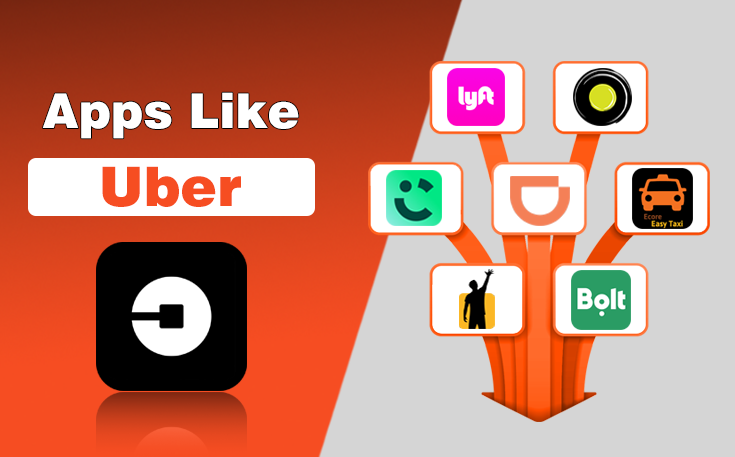In the current hyper-connected world, place is more important than ever. Consumers now demand to be treated differently based on where they are at that moment, with mobile devices in virtually every pocket and purse. Luckily, the geolocation plugin is an extremely potent tool that is at the disposal of modern web developers.
In this blog post, I will explain what a Geolocation plugin is and how it can improve user experience on your website.
Let’s start!
What Is a Geolocation Plugin?
The geolocation plugin is a tool that detects a user’s physical location and uses that location data to customize website functionality and user experience.
These tiny web tools punch far above their weight: whether it is serving up locally relevant content, or detecting fraud. And with their ability to blend with any tech stack, they open the door to location-aware features for organizations of all sizes.

The Core Capabilities Unlocked by Geolocation Plugins
At their foundation, a geolocation plugin converts a visitor’s IP address into actionable geographic coordinates and metadata. This includes specifics like country, region, city, postal code, latitude/longitude, internet service provider (ISP), timezone, currency code, and more.
With this contextual information, developers are in a position to customize and streamline the user experience in real time. Geolocation plugins are useful in website content, e-commerce pricing/inventory, compliance, fraud detection, and digital marketing.
And with more reverse-geocoding features, there are even solutions that interpret raw coordinate data into human-readable addresses, such as GeoPlugin. This drives the next-generation mapping, logistics, and validation applications.
Plugins save developers the hassle of developing and updating local databases because all of the geolocation heavy lifting is done behind the scenes. One API request or a script embed is all that is required to begin upgrading websites with location intelligence.
Top 5 Geolocation Plugin Use Cases
Use Case #1 – Personalized Content Delivery
One of the most common applications is adapting page content and offers according to the visitor’s location. Displaying locally relevant promotions, news stories, event listings, weather reports, and even language options fosters stronger user engagement.
E-commerce brands can take this further by dynamically adjusting product listings, pricing, shipping costs, and more based on the customer’s region. Supporting local currencies and preferred payment methods lifts conversion rates.
In practice, a website would make an API call to the geolocation service on page load, passing the user’s IP address. The plugin would instantly respond with actionable data like country, city, currency code, language preference, etc. The site would then tailor UI elements to match.
For example, an Australia-based visitor might see prices in Australian dollars, local payment options, and promotions specific to Aussie customers. This level of personalization significantly boosts trust and sales compared to a one-size-fits-all approach.
Use Case #2 – Regulatory Compliance
In today’s global digital landscape, all websites must contend with a mosaic of regional privacy laws and regulations. Fortunately, geolocation simplifies compliance in many cases.
For instance, GeoPlugin detects European Economic Area (EEA) visitors based on IP address, allowing sites to automatically serve GDPR consent notices. Similarly, users can be shown TCPA consent forms when accessing sites from within the United States.
By triggering privacy overlays only when required by the user’s jurisdiction, sites avoid annoying visitors with irrelevant legal notices. This results in a smoother, less disruptive user experience.
Use Case #3 – Security and Fraud Prevention
Like all powerful tools, geolocation has applications across ethical and criminal use cases. Thankfully, developers can leverage these plugins as a force for good.
One example is cross-checking transactions and logins against the user’s location context as an extra fraud check. When a purchase, password reset request, or other sensitive action originates from an unexpected geo-location, additional authentication can be required.
By adding this extra layer of visibility into user activity, sites can better detect compromised credentials or stolen payment information. And remembering users’ geographic patterns over time improves fraud detection accuracy compared to judging events in isolation.
Use Case #4 – Analytics and Advertising
Modern web analytics and advertising platforms also integrate location data to unlock richer audience segmentation, cross-channel measurement, and geo-targeted campaigns.
Segment users by city and region to analyze how engagement metrics differ across locales. Compare the performance of localized content versions. Or build location-based user personas to inform marketing and product decisions.
Advertisers can selectively display ads to users within specific countries, cities, or even zip codes. Geo-targeted ads demonstrate far higher click-through and conversion rates, as they resonate more with local audiences. Location intelligence maximizes ROI.
Use Case #5 – IoT and Mobile
Finally, while less common, geolocation plugins have applications in IoT and mobile apps. For devices lacking native GPS, IP geolocation can provide approximate coordinates to power location-aware features.
This could enable smart home platforms to adjust device settings based on occupancy patterns or environmental conditions. Or allow mobile VPN services to comply with usage restrictions in certain regions.
The capabilities unlocked for IoT and mobility may be narrower, but they remain highly valuable in those use cases.
The Path Ahead
In closing, modern websites and applications can no longer afford to deliver “one-size-fits-all” experiences. Today’s consumers expect hyper-relevant, geo-targeted content catered to their local context in real time.
Thankfully, compact yet powerful geolocation plugins now make location-based personalization accessible to organizations of any size. A simple API call unlocks transformative capabilities.
From tailoring e-commerce product listings to displaying locally relevant ads, the applications span industries and use cases. And with solutions like GeoPlugin smoothing out the technical complexity, integration barely lifts a finger for developers.
As global mobile adoption accelerates, geolocation will only increase in strategic value. Organizations not leveraging these data signals risk losing touch with shifting consumer expectations.
Need custom app with amazing features?
Get a Quote




